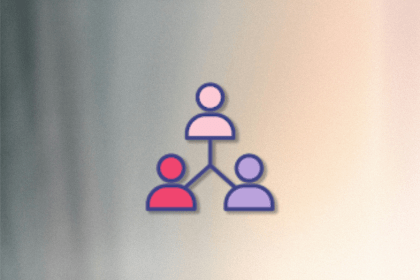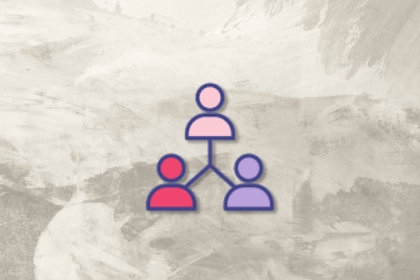
Agile isn’t broken — it’s just being misused. Learn how to reset your rituals, refocus on outcomes, and bring meaning back to your process.

Product crises happen—bugs, breaches, or PR disasters. Here’s how PMs can plan ahead, stay calm, and lead through the chaos.

Great products aren’t built through handoffs — they’re built through co-ownership. Learn six habits to improve PM-engineering collaboration.

Our product team transformed user research with weekly research sprints — a high-cost, high-reward alternative to continuous discovery.

Docs can align, inspire, and streamline but only when they’re treated like what they are: internal products.

Learn more about how the leading product leaders are using the 5 Whys framework, as well as tips for you can use it within your own team.

Explore this guide to learn how to determine whether async standups still make sense for your product team’s unique setup and context.

When it comes to implementing product management skills into your role you often need someone more senior than you to ask questions.

Between ignoring your design team and micromanaging them, there’s a sweet spot where you all can deliver great results.

This article assesses the reality of story points, including their promise and where they went wrong, and then offers a potential solution.

As a PM, you shape the direction your team takes to develop, adapt, and deliver successful products to your customers

Learn what pair programming is, its benefits, and how real-world implementation can improve your software development process.